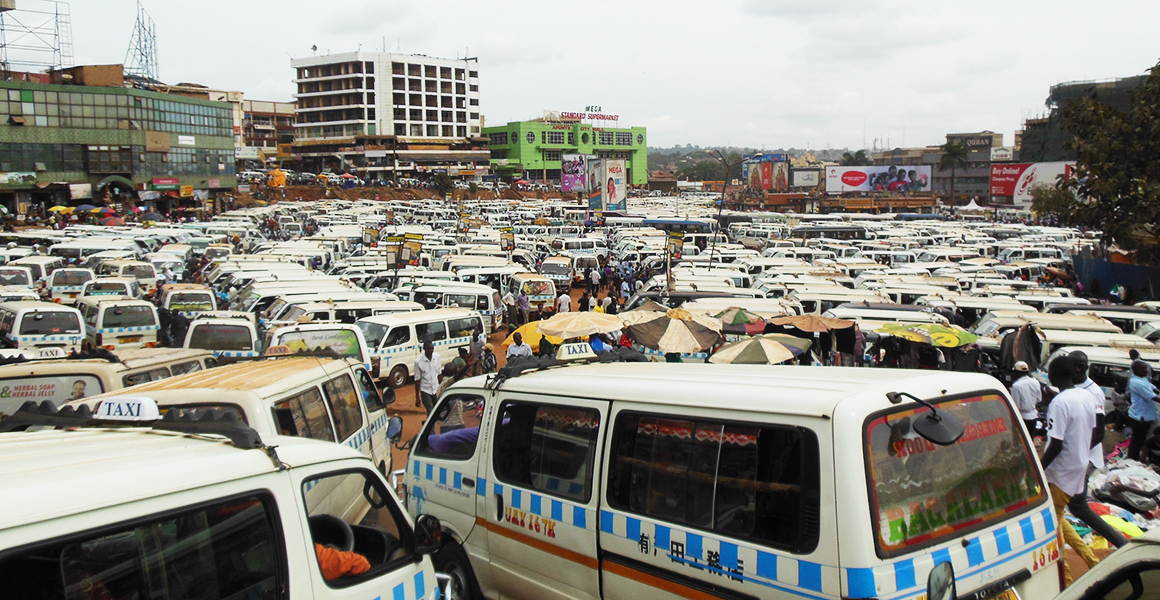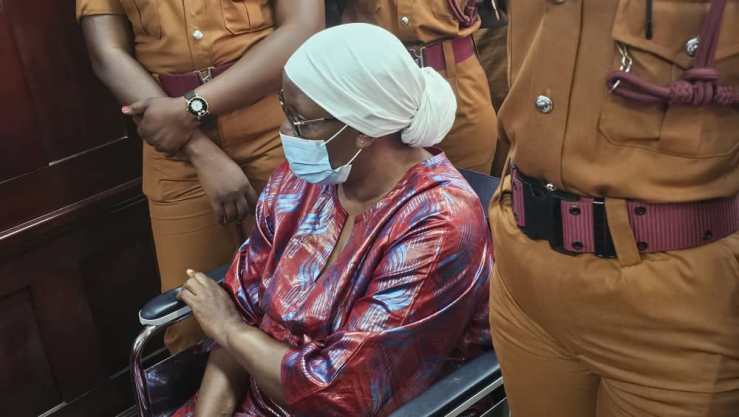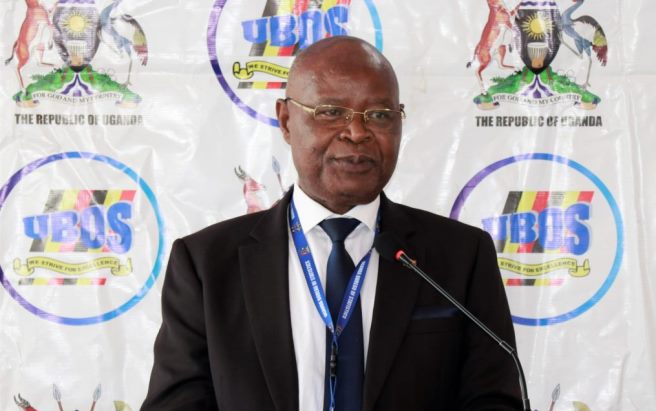In the bustling city of Kampala, a familiar challenge has taken hold – the struggles of public transport. The daily commute for residents has become a labyrinth of inefficiency, overcrowding, and frustration.
Join us as we delve into the heart of this issue, shedding light on the experiences that Kampala’s commuters face on a daily basis.
The once smooth and reliable public transport system in Kampala has fallen into disarray, leaving its citizens grappling with a myriad of issues. From delayed buses to insufficient routes, the system that was once a beacon of convenience now tests the patience of those who rely on it.
Despite efforts by the Kampala Capital City Authority (KCCA) to regulate the sector, the situation continues to deteriorate, leaving many commuters stranded and frustrated
As the city’s population continues to grow, the strain on the already burdened transport infrastructure becomes even more evident.
Long waits at bus stops have become the norm, as unreliable schedules leave passengers stranded and disheartened. The lack of punctuality not only disrupts the daily routines of working individuals but also hampers the city’s economic productivity.
Time wasted in transit could have been put to better use in contributing to the development of Kampala.
Overcrowding is another pressing concern that plagues public transport in Kampala. Passengers are often crammed into vehicles like sardines, enduring uncomfortable journeys that compromise their safety and well-being.
The inadequate number of buses and taxis available exacerbates this issue, leaving individuals no choice but to endure the discomfort or seek alternative, often costlier, means of transportation.
The absence of clear and comprehensive routes further adds to the frustration experienced by commuters. Lack of information leads to confusion and wasted time, as passengers struggle to navigate their way through an intricate web of streets and unfamiliar neighborhoods.
This lack of organization not only inconveniences individuals but also imposes unnecessary stress on an already hectic urban environment.
As Kampala grapples with the persisting challenges of its public transport system, it becomes evident that a comprehensive solution is urgently needed.
Increased investment in infrastructure, improved scheduling, and better communication of routes are just a few steps that could alleviate the woes faced by the city’s commuters. By addressing these issues head-on, Kampala can restore its public transport system to its former glory, ensuring a smoother and more efficient experience for all who call this vibrant city home.











